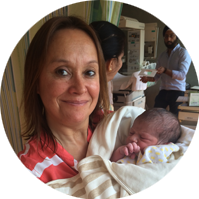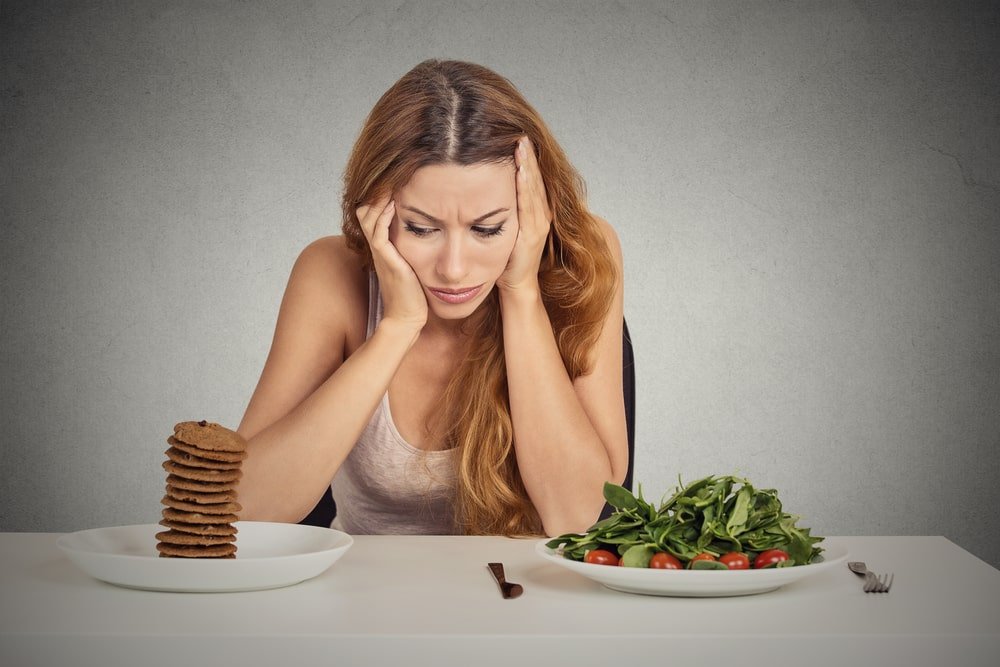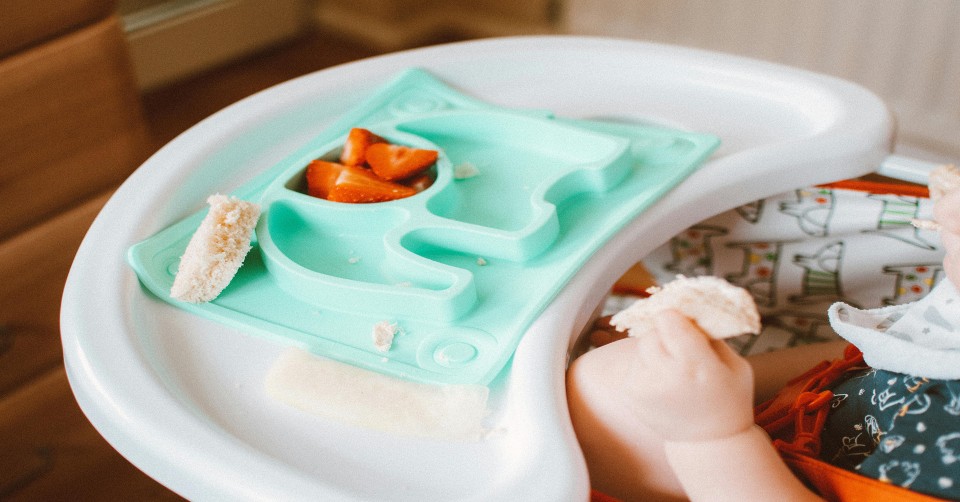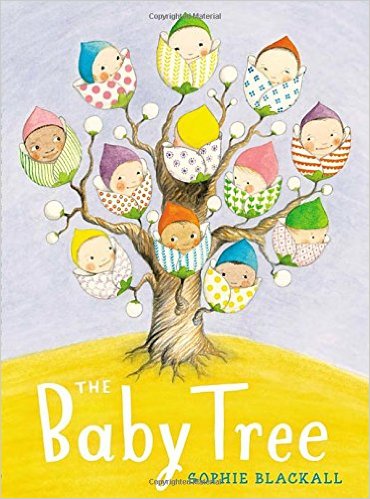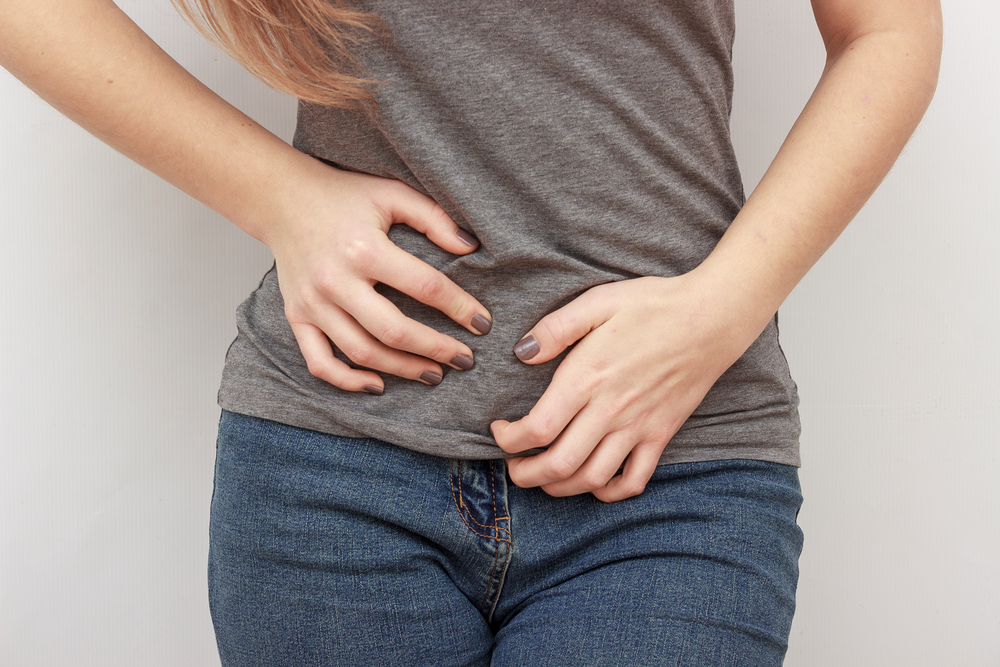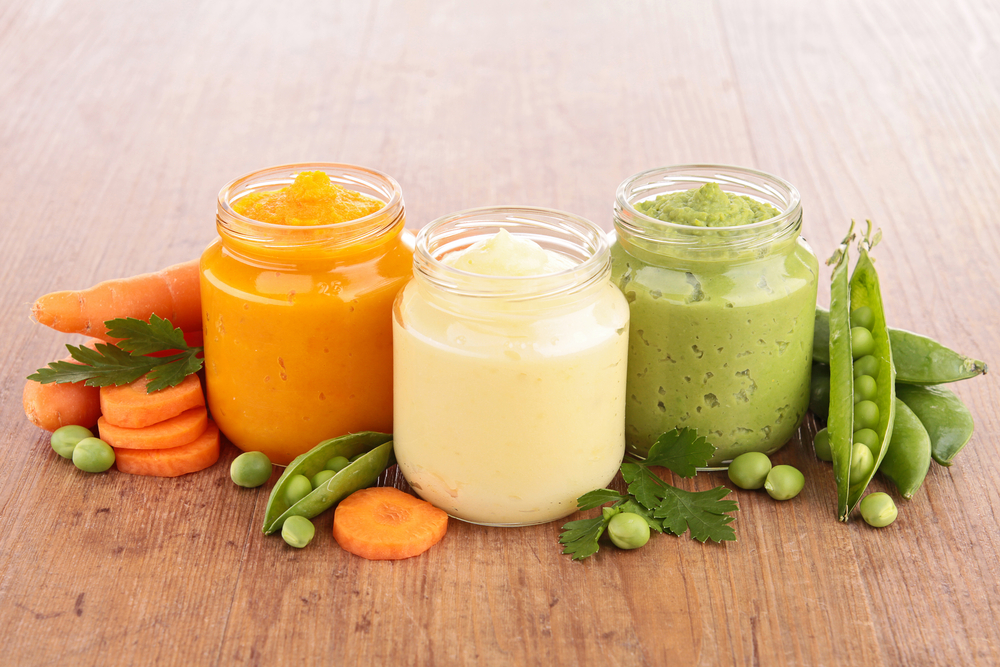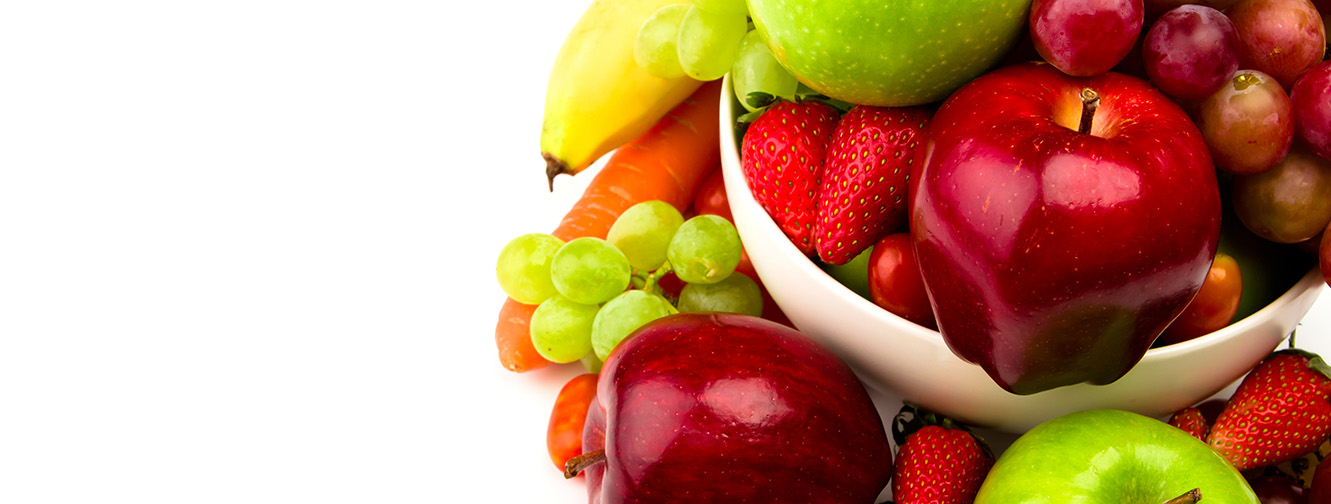First Trimester
Your guide to a healthy diet during pregnancy
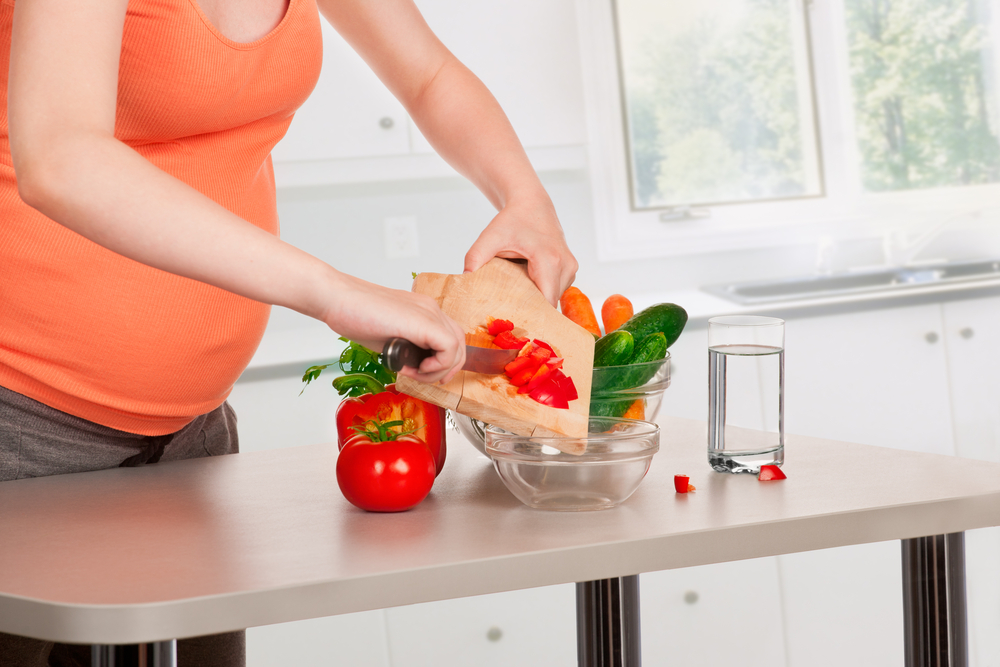
The importance of eating a healthy, nutrition rich diet should be considered even before a woman falls pregnant, a good diet can prepare your body for the immense changes experienced during pregnancy.
As soon as a woman discovers her pregnancy, she should become very aware of what she eats. Unfortunately, many women suffer with low appetite during early pregnancy due to pregnancy associated nausea (morning sickness) anpd this can lead to decline in the quality of their diet! It is even common to develop aversion to certain foods and even whole food groups.
When planning your diet during pregnancy it is important to consider the effect on the development of your baby, and also remember to look after yourself! Excessive weight gain is not recommended during pregnancy and can lead to other health issues for mum. A good, well balanced diet should help control this.
It can be a good idea to sit down and plan meals in advance to make sure that you are eating a well-balanced diet. Batch cooking and freezing healthy meals can be a great way to ensure you always have an easy, good meal at hand!
You can incorporate good, healthy snacks into your day just to make sure you are eating enough calories. Try having a smoothie or homemade juice each day with fruit and vegetables, this is an easy way to get those extra vitamins.
A nutritious diet is vital for good fetal brain development, a healthy birth weight and is believed to reduce the risk of birth defects.
Recent studies suggest pregnant women try and include the following in their daily diet:
-
6-11 servings of breads and/or grains
-
2-4 servings of fruit
-
4 or more servings of vegetables
-
4 servings of dairy products (or substitutes)
-
3 servings of protein
-
Consume fats and sweets sparingly
Some healthcare providers will advise taking prenatal vitamins together with a good balanced diet. Supplements such as folic acid, iron and calcium are recommended.
There are some “super foods” that are considered to be important during pregnancy, these include:
-
Enzyme rich food
important for digestion, such as ripe pineapple, papaya, avocados, yogurt, sauerkraut, kimchi and drinks like kefir and kombucha.
-
Green vegetables
contain vital vitamins such as A, C, E, K and B3
-
Omega 3s
wild fish and seafood are excellent sources although it is recommended to limit yourself to 12oz, or about 2 to 3 servings a week. Omega 3 fatty acids help fight inflammation and support brain, eye and nervous system development.
Some studies have shown that mums who consumed omega 3s during their last trimester actually boosted their child’s sensory, cognitive and motor development! It is also believed that omega 3s may even help women avoid preeclampsia.
-
Red raspberry leaf tea
this is believed to be a uterine tonic and can help tone the uterine and pelvic muscles. Many people believe that this tea can help make labour faster and easier and is often used in the last weeks of pregnancy as a form of natural induction of labour.
-
Digestive drinks
such as coconut water, homemade lemonade, apple cider vinegar.
-
Root vegetables
these are packed with phytonutrients and provide healthy carbohydrates providing energy. Colourful roots such as beets and carrots are wonderful.
-
Dates
these have been traditionally eaten during pregnancy in the middle east for centuries and are said to shorten labour! Dates are a wonderful source of instant energy and I always recommend mums eat them during labour.
-
Eggs
these are an excellent source of protein, fat and vital nutrients for both mum and baby. Eggs contain choline which has been shown to boost cognitive function, learning and memory in animals in utero.
-
Legumes
a great source of protein and fibre, rich in B vitamins, iron, zinc, magnesium and potassium. Lentils and beans are my favourite.
-
Berries
antioxidant! Add some to your daily smoothy.
During pregnancy it is normal for digestion to slow down, often resulting in mums experiencing digestive issues such as heartburn, gas and constipation. All of the above food types will be beneficial for such issues.
In conclusion, it is not necessary to go on a special diet but it is important to be aware of what you are eating, and to eat a variety of different foods every day to ensure you and your baby get all the nutrients needed to perform this amazing job! The best advice I can give is to listen to your body.
I believe it is actually quite instinctive for a pregnant woman to eat well. A good diet during pregnancy can help you maintain good energy levels which may feel very low at times. Be kind to yourselves, eat the foods you love in moderation and enjoy nurturing the new life inside you!

